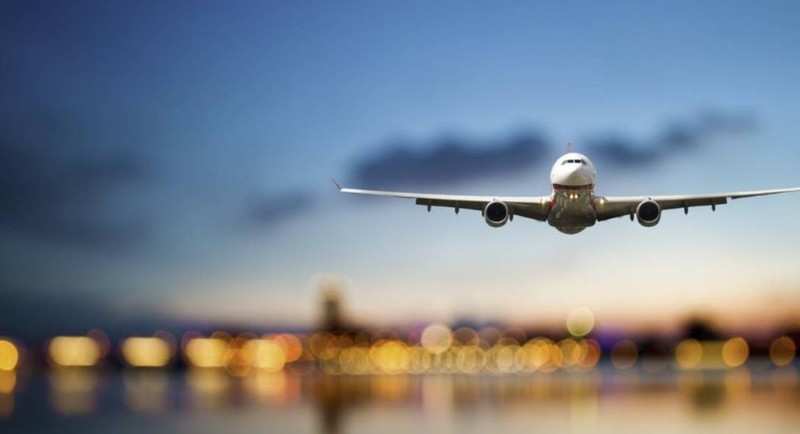Airfare war: A battle for market dominance
The Nigerian aviation industry is experiencing turbulence, but not from air currents. The commencement of Air Peace flights to London, UK, was met with enthusiasm by Nigerians, who welcomed the prospect of more affordable travel options. Nigerians had long borne the brunt of exorbitant airfares on international routes, particularly the Lagos-London connection. The arrival of […]

The Nigerian aviation industry is experiencing turbulence, but not from air currents. The commencement of Air Peace flights to London, UK, was met with enthusiasm by Nigerians, who welcomed the prospect of more affordable travel options. Nigerians had long borne the brunt of exorbitant airfares on international routes, particularly the Lagos-London connection. The arrival of Air Peace, offering more competitive pricing, was a welcome relief.
However, the development also triggered a reaction from foreign carriers, fearing the loss of Nigerian passengers to their Nigerian competitor. A price war erupted on the lucrative Lagos-London route, with the foreign airlines slashing fares in a seemingly coordinated effort to push out the domestic carrier, Air Peace. The development raises critical questions about global economics, political influence and the future of Nigerian air travel.
The price war goes beyond mere competition; it is a calculated tactic to stir the aviation market, cripple weaker airlines and threaten Air Peace’s survival. Evidence supporting this claim comes from a price list revealing drastic reductions by major foreign carriers. Air France, for example, now offers economy class tickets for N907,782, a significant decrease from their previous N2m+ price tag. Similar stories unfold with British Airways and Virgin Atlantic, both slashing fares by nearly half. These aggressive pricing strategies signal a concerted effort to drive Air Peace out of the market and regain dominance.
It’s essential to contextualise this price war within the broader framework of global economics and politics. The desperation of foreign carriers to maintain their stronghold reflects the competitive nature of the airline industry, where market share translates into power and influence.
As Kwame Nkrumah aptly stated, understanding our enemies is crucial for African nations striving for economic independence and self-sufficiency. Nigerians play a pivotal role in driving the country’s economy forward. As consumers, their choices can shape market trends and influence the strategies of airlines operating within the region. In fact, this applies to other sectors of the economy.
There’s a silver lining for Nigerian travellers in the short- term, as these fare reductions could translate to immediate savings. Notwithstanding, this may be a temporary benefit. Price wars rarely result in long-term gains for consumers. The financial strain on airlines could lead to service cuts, fleet deterioration and ultimately higher fares once the competition is subdued.
So, what’s the way forward for Air Peace? The airline needs to leverage its unique position as a truly Nigerian brand. This could involve innovative marketing campaigns that resonate with the local market and capitalise on its understanding of Nigerian travelers. It has already started well by successfully integrating elements of Nigerian culture and identity into its services, setting itself apart from foreign competitors. The introduction of a distinctive dress code for its attendants, proudly African in style, and the inclusion of local cuisines on board add a touch of authenticity and pride to the flying experience.
Patriotic citizens also have a role to play. Supporting Nigerians-owned companies is not just an economic decision, but also an act of patriotism. By patronising indigenous businesses like Air Peace, Nigerians contribute to the growth and prosperity of their own country. Encouraging the thriving of indigenous businesses such as Air Peace is essential for Nigeria’s economic resilience and autonomy.
In a global economy often influenced by Western economic interests, the government must adopt a decisive stance in protecting and promoting local industries and entrepreneurs.
In conclusion, the price war in Nigeria’s airline industry underscores the fierce competition and power dynamics at play within the global aviation sector. While the slashing of fares may seem like a boon for consumers, it also reflects deeper tensions and challenges facing indigenous businesses. By understanding these dynamics and rallying behind Nigerian carriers, we can assert our economic sovereignty and pave the way for a more prosperous future.
Matthew Alugbin (PhD) teaches at the Edo State University, Uzairue.
